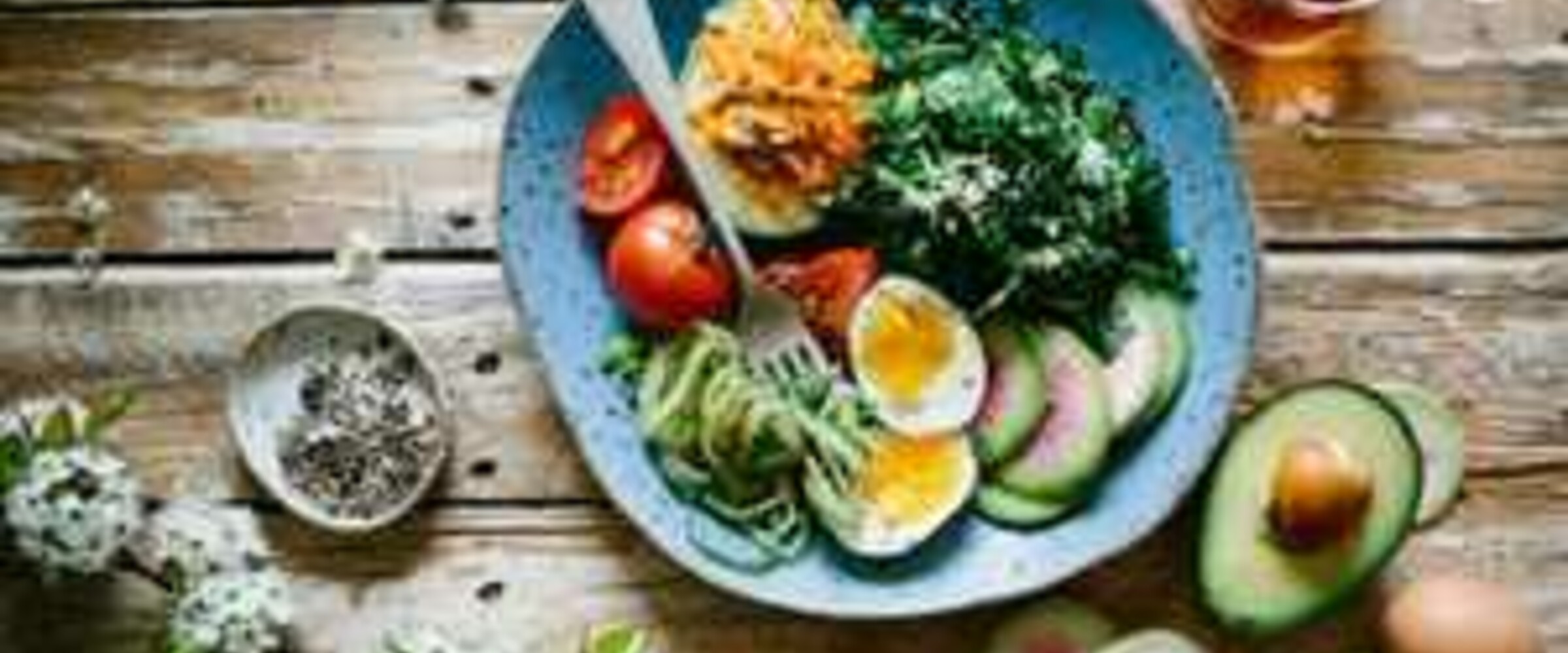
Four dietary tips to consider when you’re trying to conceive
Women and couples who are trying to conceive are often looking for answers about what they should be eating during this time.
Written by Melanie McGrice, Dietitian
Particularly women who are struggling to conceive. They feel so much is out of their control, that some simple tips on dietary improvements are often welcome in their quest to improve their chances of getting pregnant.
Luckily, when you are trying to conceive, the dietary advice is not as prescriptive as when you are pregnant. The important thing to remember is that this should be a time that you focus on foods that help you feel your best and be aware that you can easily take steps to improve your health when you are trying to create new life.
The human body is a complex ecosystem performing millions of chemical reactions to make new cells, hormones and enzymes constantly. The food that we choose to eat not only fills the gnawing hole in our belly, but also provides key nutrients that are important for those chemical reactions.
Here are my top four nutrition tips to help you have adequate stores of important nutrients to prepare your body for pregnancy. You’ll see they are easy to incorporate into your regular routine.
Swap refined carbohydrates for whole grains
Swapping refined carbohydrates known as monounsaturated and polyunsaturated fats help to decrease inflammation, which has been found to increase fertility*. You don’t need to suddenly exclude all your favourite treats, just make sure you have for Low GI carbohydrates such as whole grains has been to reduce insulin levels. Insulin is the hormone that controls the storage of fat in our bodies. Reducing the level of insulin in our bodies has widespread benefits to your general health. These include reducing the risk of diabetes and heart disease and lowering cholesterol levels. A couple of ways to reduce the GI in your diet is to replace white bread with wholegrain, and sugary breakfast cereals with porridge.
Optimise protein intake
Your body uses protein to help make new hormones and the type of protein we eat is important. I’d recommend swapping 25 grams of animal protein with 25 grams of vegetable protein like nuts, seeds or legumes each day. Limiting fatty meats such as bacon or chorizo and including a couple of vegetarian days each week can also be beneficial.
Dairy foods are also a great source of protein. As well as being relatively low in kilojoules, dairy foods are rich in vitamins and minerals such as calcium, magnesium and vitamin B12. It is recommended that you consume at least three serves of dairy foods each day to meet nutritional requirements. Put milk on your breakfast cereal, have a tub of yoghurt for a snack, add cottage cheese to a salad or snack on vegie sticks with a tzatziki dip.
Embrace good fats
Saturated fats including trans fats found in fatty meats, takeaway and processed foods including biscuits, snack bars and chips are associated with increased oxygen free radicals and inflammation, therefore potentially decreasing fertility. In contrast, studies have found good fats, them in moderation. Incorporating good fats into your diet, for example, avocado and tomato on wholegrain toast is a simple and nutritious way to start the day.
Keep up your folate
One of the only scientifically proven nutrients for healthy conception is folate. This is why the National Health and Medical Research Council (NHMRC) in Australia recommends women take 0.5mg folic acid daily for at least three months before pregnancy and for three months into the pregnancy. This reduces the risk of neural tube defects (most commonly spina bifida) in babies. Speak to your health care professional about the right dose of folate supplements for your personal needs.
As well as taking a folate supplement it is beneficial to increase your dietary intake with one of the best natural sources of folate being green leafy vegetables. To increase your intake of vegetables, don't just save them for dinner; eat vegie sticks and vegetable soup as between meal snacks, and bulk your lunch up with more vegetables too.
Summary
Trying to conceive can be a stressful time if it’s taking longer than you had planned. So, my advice would be that if you are looking to improve your health and wellbeing, incorporating some of the above ideas in to your daily routine is a simple and effective way to do something positive.
An additional benefit is that it may also help improve any weight issues and help to optimise your body for pregnancy. It’s important to remember to enjoy yourself – go for a meal out and treat yourself to your favourite foods in moderation. If you’d like further assistance, speak to your health care professional.
If you're trying to conceive and looking for extra advice, visit the below:
Melanie McGrice, Dietitian, AdvAPD, Guest Blogger
Melanie McGrice is a nutrition and wellbeing specialist, and our guest blogger this month. Melanie is passionate about working with people to improve their nutrition, one bite at a time, whether through her books (such as ‘The Pregnancy Weight Plan’), presentations, clinic or social media. In her spare time you’ll find her fundraising for her favourite charities, playing with the myriad of foster kids coming through her doors, checking out new restaurants and getting outdoors. Join her free nutrition and wellbeing network »
